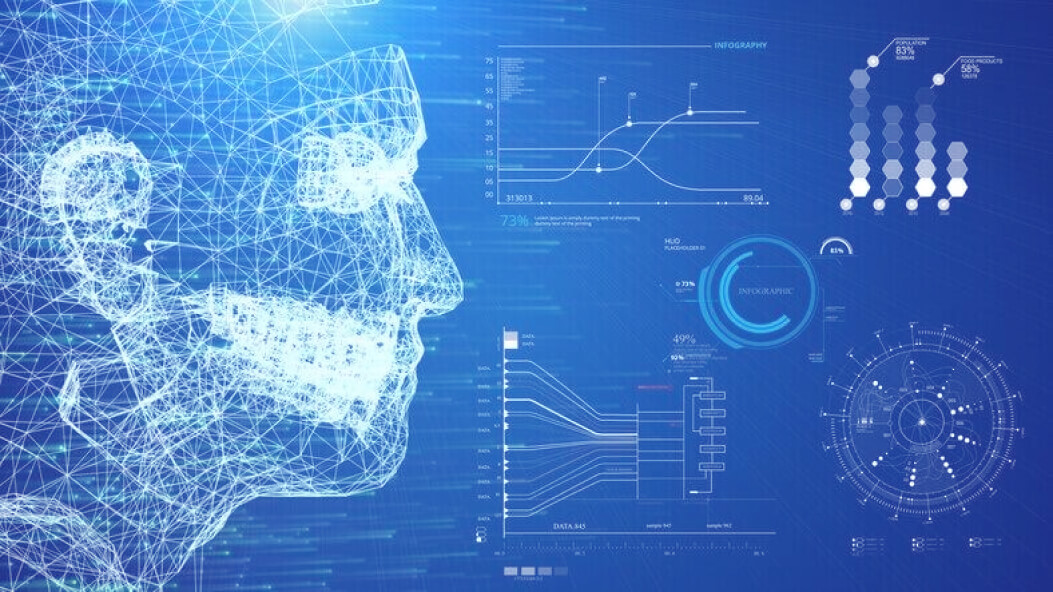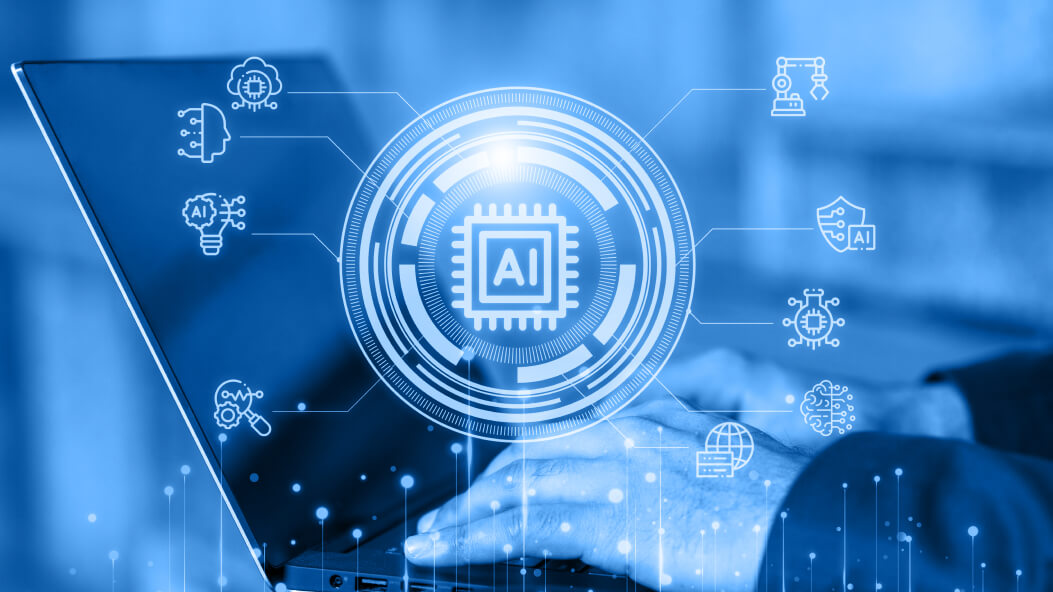Healthcare is one of the vital parts of our community and is continuously evolving to meet the modern needs of patients and healthcare professionals. But have you ever imagined which things are helping the healthcare sector to grow?
Well, let’s not keep suspense here. There are numerous emerging technologies such as AI, ML, IoT, and Blockchain, which are really making the healthcare sector so chic that now a patient does not need to visit a clinic just with a single approach; he/she can communicate with a doctor and get medication at their place of comfort.
Moreover, it has been seen that Blockchain development is the most preferred strategy in the healthcare sector. Using it, you can streamline communication between doctors, hospitals, patients, and government agencies and build a secure cross-platform to store medical data and a lot more.
Blockchain In Healthcare: Key Takeaways
- There are so many brands like Google, IBM, and Microsoft which are investing in Blockchain development for the healthcare sector.
- Blockchain in the Healthcare Market size was valued at $281 million in 2020 and is predicted to grow by over 52.1% CAGR from 2021 – 2027.

So now, let’s move further to know How Blockchain Technology Is Tweaking the Healthcare Sector…
4 Ways Blockchain Is Revamping The Healthcare Industry
There are several advantages of employing Blockchain in the healthcare sector, as it offers data security, data monitoring, and a lot more. Here are a few factors that will help you know how Blockchain technology is helping the healthcare sector to grow.
Moreover, you can also connect with Blockchain experts or can avail of Blockchain development services to make efficient use of Blockchain technology in the healthcare sector.
1. Enhanced Data Security
As we all know, Blockchain is a distributed database that enables transparent and secure healthcare data management. Additionally, Blockchain development can assist the healthcare sector in overcoming various challenges, including data breaches.
Using Blockchain, you can store patients and other crucial data in a decentralized network. It will help make data more secure and harder for hackers to access. Blockchain also allows various healthcare providers to share data.
Ultimately, this emerging technology helps healthcare and other sectors reduce fraud and corruption by providing an audit trail of all transactions.
2. Smart Contracts
Smart contracts in Blockchain can streamline distinct processes within the healthcare industry. For instance, they could be utilized to automatically process insurance claims, affirm eligibility for privileges, and schedule appointments.
In addition, smart contracts could be utilized to handle patient data & records, assuring that only permitted individuals have access to intimate information.
3. Improved Clinical Trials
According to markets & markets, the worldwide clinical trials market size was valued at $38.7 billion in 2021 & is predicted to rise to 52.0 billion by 2026, with a CAGR of 6.1%. Factors like the increasing number of clinical trials, increasing demand for outsourcing R&D, and drug commercialization drive this market’s growth.

However, the clinical trial process is usually lengthy and intricate. In this approach, multiple stakeholders involved lead to inefficiencies and delays, which finally impact the success of clinical trials. But with the power of Blockchain, you can resolve these concerns and can also record each step of the clinical trial process, making it simple to track information and recognize glitches.
4. Enriched Drug Safety
The major issues in the healthcare sector are related to adverse drug reactions, which are liable for thousands of hospitalizations & deaths yearly. Moreover, it has been observed that the cost of treating adverse drug reactions is billions of dollars yearly.
A blockchain technology database can be employed to track the origin of pills throughout the supply chain. It would entitle early detection of adulterated drugs. In addition, Blockchain technology can also be used to track patient outcomes, enabling the early detection of negative reactions.
Blockchain Use Cases In Healthcare Sector
Here view the few real-world applications of Blockchain in healthcare:

Blockchain Technology In Healthcare Industry: Challenges
If any technology has a positive side, it also has some negative sides, and it’s not a big deal as challenges can be resolved by applying smart strategies. Here few a few challenges of blockchain technology in the healthcare sector:
HIPAA Compliance
Health Insurance Portability and Accountability Act is a US healthcare law that levies rigid provisions on how patient information can be utilized & shared. Moreover, Blockchain has the potential to assist healthcare organizations in complying with HIPAA and other data privacy ordinances.
Lack of Cost Reduction
Blockchain is quite a costly technology. For mining, users need costly software and hardware. Moreover, it implicates expensive GPUs for mining cryptocurrencies.
Lack of Speed
Speed is the major concern in Blockchain. The processing speed sometimes takes a long time, especially when the network is very large. The confirmations take too long, and this results in slowing down information sharing.
Wrapping Up
The benefits of Blockchain development in healthcare devise unique opportunities to decrease complexity, allow trustless collaboration, and build secure and immutable data.
If you are ready to adopt Blockchain for your healthcare business, get connected with the best Blockchain development company (Infrablok); it will help you get skilled Blockchain developers who will provide innovative solutions suiting your business needs.
If you like How Blockchain Technology Is Tweaking The Healthcare Sector? blog plz Like & Comment!





